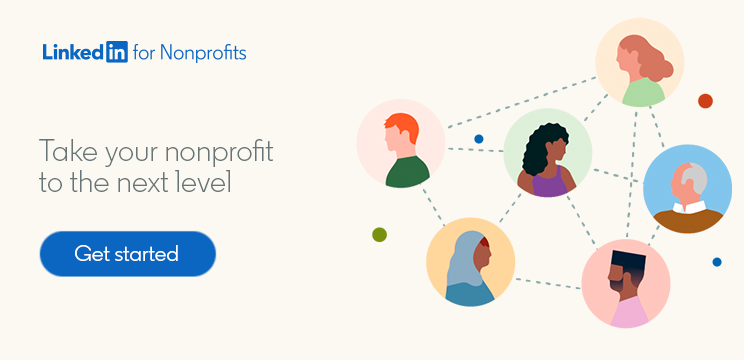
Nonprofits, Don’t Overlook Reliable Workers in Your Hiring
Employers are reporting severe challenges in hiring right now. And their observations are confirmed by the data—according to the U.S. Department of Labor, there were more than 10 million unfilled jobs in June. This labor shortage doesn’t just affect commercial employers either. According to a recent report from LinkedIn News, the nonprofit sector is also struggling to attract workers as more employees leave the field to explore other employment options.
A solution to your labor shortage
Is there an immediate solution to address this employment gap? Would shifting old workforce paradigms and broadening accepted views of talent create access for millions of unemployed workers who want to contribute to your workplace? Many organizations have discovered a new paradigm and an often-overlooked demographic filled with diverse talent.
Who are these enthusiastic, reliable employees? Individuals with disabilities.
Include people with disabilities in your diversity and inclusion plan
People with disabilities have the ability and desire to work. Every organization’s diversity and inclusion talent strategy should include people with disabilities—labor shortage or not.
A broad-based inclusive hiring strategy is especially important in the nonprofit sector. As one in five Americans has a disability, it’s important to ensure these individuals are represented in a nonprofit organization. As with other demographic groups, people with disabilities have much to contribute in terms of innovation and problem-solving. And their presence in your organization can make your mission relevant to a broader group of people.
An investment in hiring leads to retention success
When workforce investments are oriented in an inclusive manner, organizations reap the benefits. This is especially true with workplace accommodations. Studies show that people with disabilities have higher retention rates and lower absenteeism than average. With training and support, they can exhibit the very qualities we seek as employers—adaptability, perseverance, and commitment. Without the opportunity to participate, these valuable traits go unnoticed. But with a relatively small investment in accommodation, these individuals can achieve anything.
More companies, from Amazon to Walgreens, are building a competitive advantage through their talent recruitment practices. Their inclusive workforce models offer a seat at the table for individuals with disabilities, and their business results prove the model works.
And if businesses can benefit from the hard work of these individuals, so can nonprofits.
Small accommodations lead to big gains
Some nonprofits worry that without the big budget of a for-profit company, they can’t provide accommodations for employees with disabilities. But is this true?
You may be surprised to learn how little it can cost to enable a worker with a disability to contribute greatly. A Job Accommodation Network (JAN) survey found that of the 600 businesses surveyed, 56% reported that accommodating employees with disabilities added no costs, while the rest reported an average of $500 to accommodate an employee with disabilities.
So, what did these companies get in exchange for $500?
A lot, according to global consulting firm Accenture’s Getting to Equal 2020: Disability Inclusion study. According to that study, companies led by executives that focus on disability engagement are growing sales (2.9x) and profits (4.1x) faster than their peers. And engagement levels of employees with disabilities are 1.5x higher in companies with the most inclusive cultures.
As the nation’s leading employer of people with disabilities, PRIDE Industries—the nonprofit social enterprise at which I serve as President and CEO—was not at all surprised by this survey, because people with disabilities bring innovation and unique perspectives to our vocational development and operational roles. Beyond corporate positions, our diverse workforce can be found in public buildings such as military bases, businesses like VSP Global, and manufacturing plants. Our employees have dramatically higher retention rates than the national average, and we’re thrilled to have decades-long tenured employees with us at each level. Every day, we prove the value of an inclusive workforce across multiple industries and professions.
Time for action
I challenge all nonprofit leaders to normalize workplace inclusion and provide equal employment access for all. This simple yet powerful step will strengthen your organization’s mission and uniquely position you to serve your community better.
Jeff Dern is the President and CEO of PRIDE Industries, a nonprofit social enterprise offering employment training, placement, and support services for people with disabilities, military veterans, former foster youth, and trafficking survivors. The organization also provides manufacturing, logistics, hospital housekeeping, custodial, and other business services to companies, and recently began offering staffing and consulting services to share its employment model with businesses striving to build more inclusive workforces.

